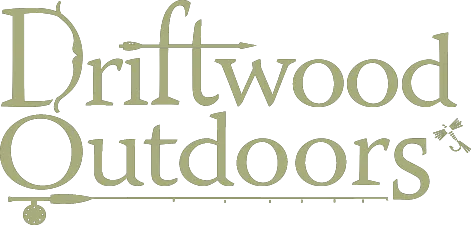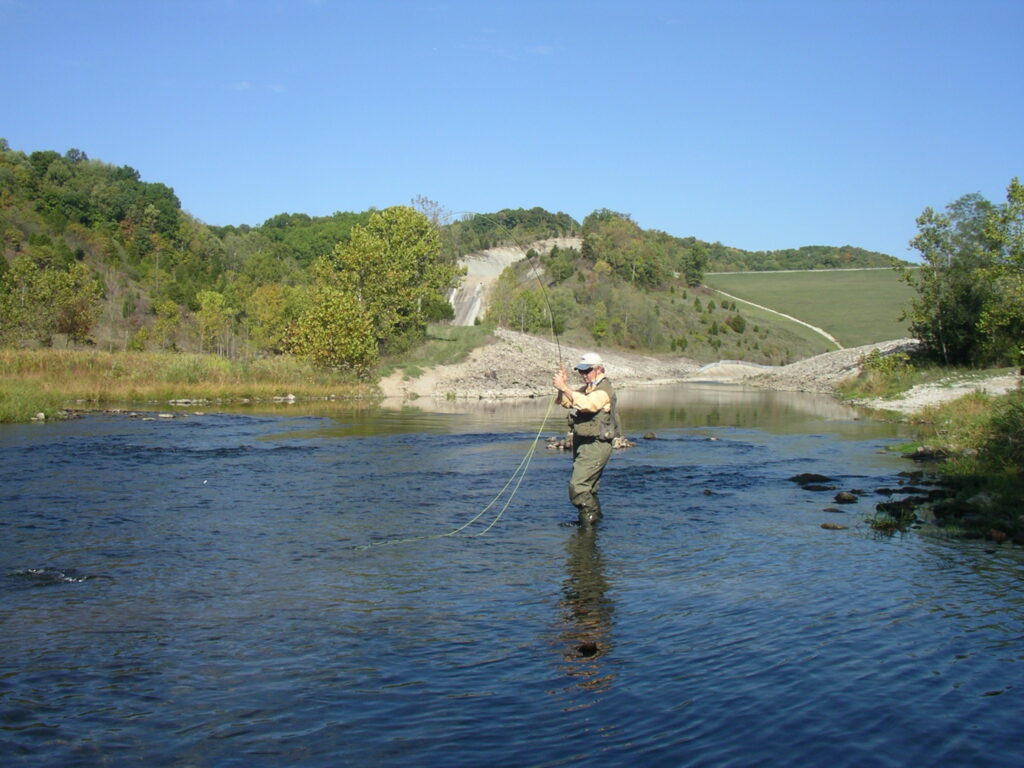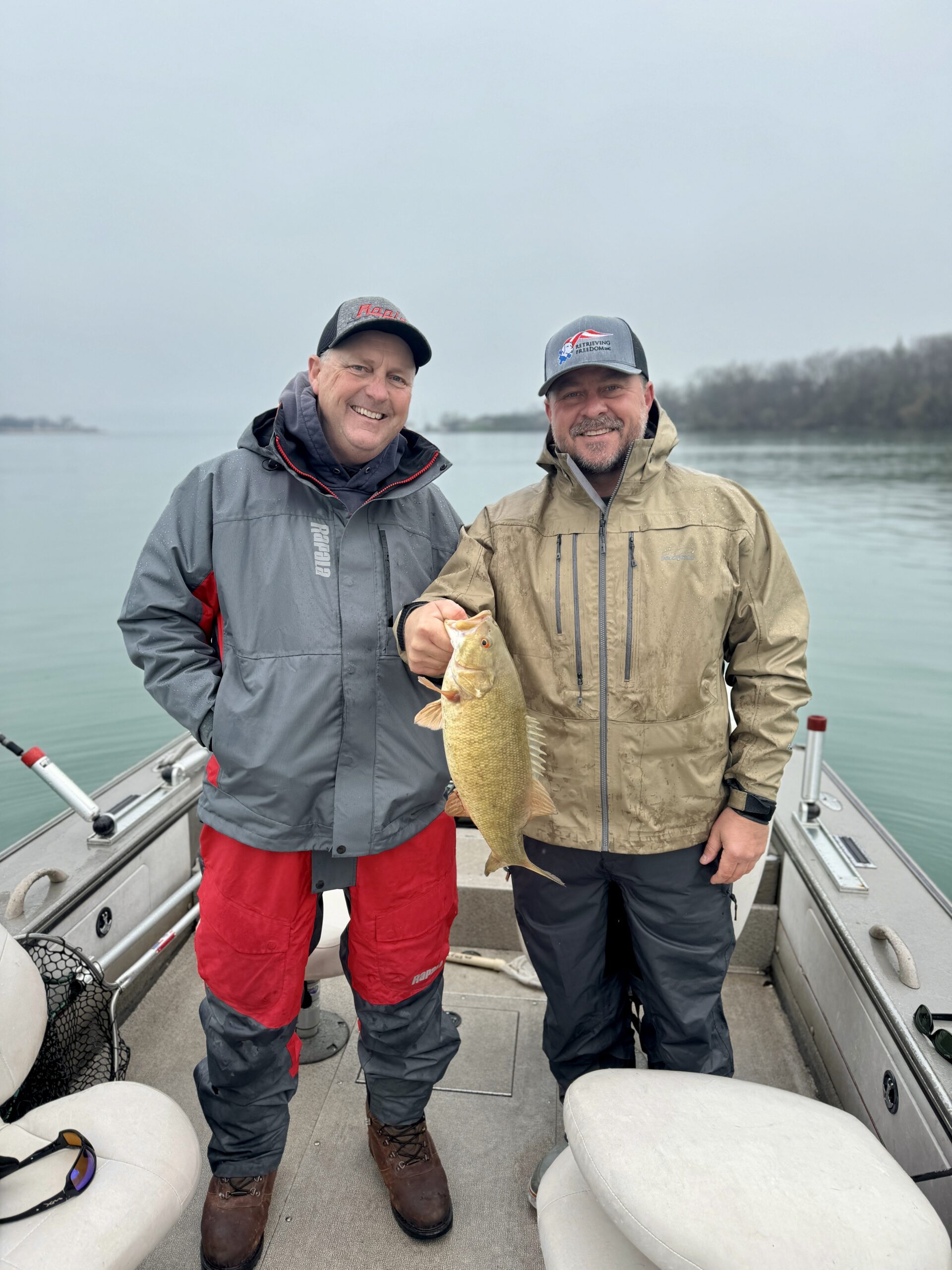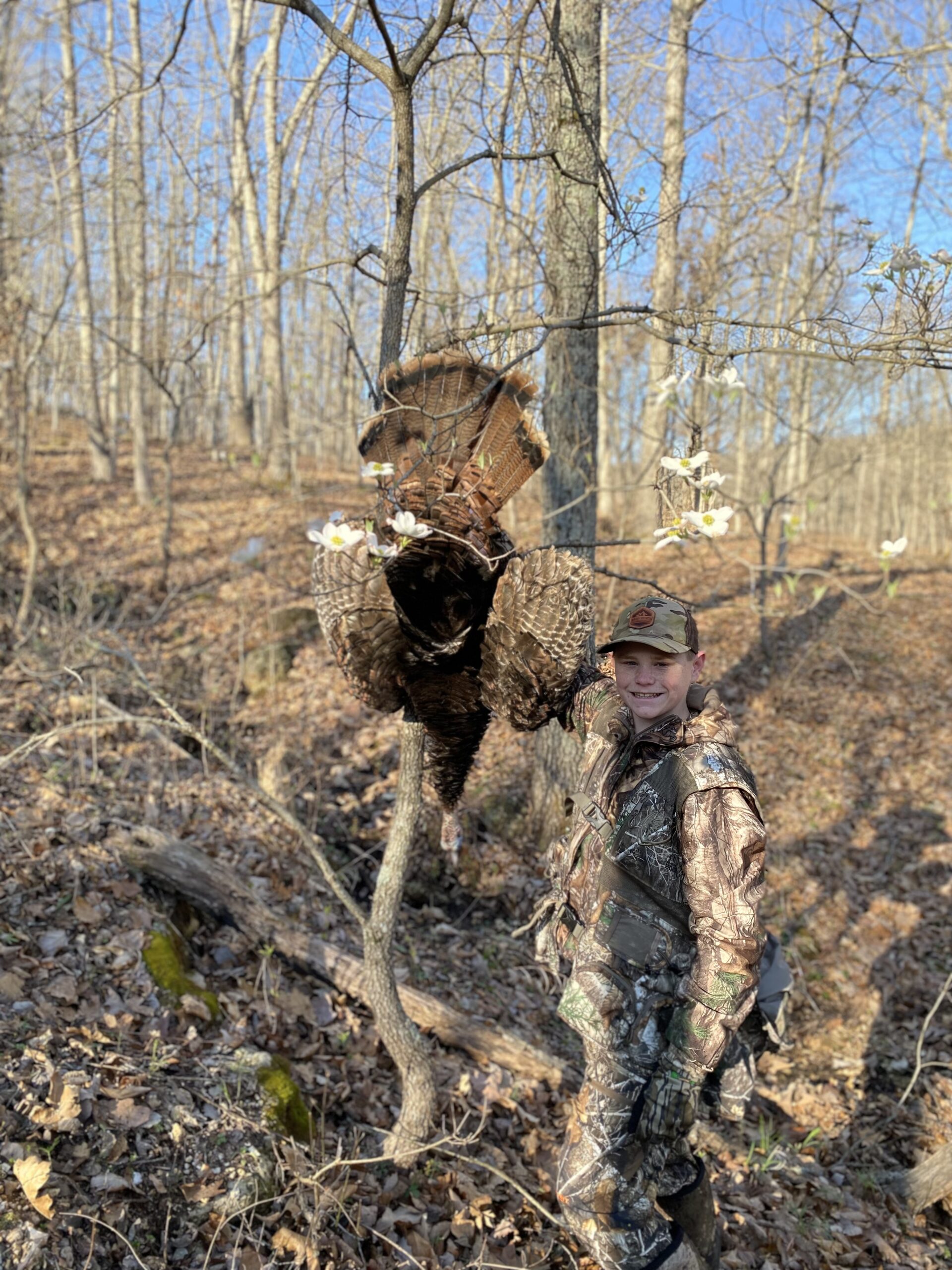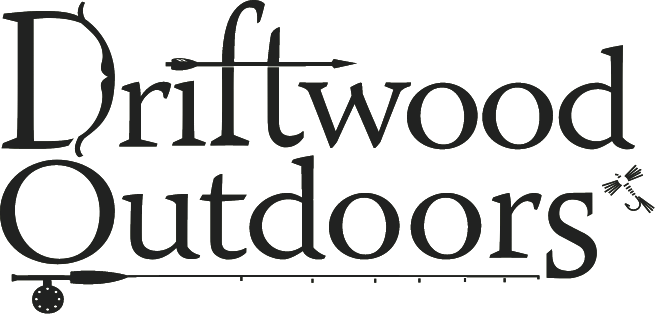The money sportsmen spend on hunting and fishing licenses is a major contributor to funding conservation across the country. Today’s license fees are the foundation of tomorrow’s opportunity. If we hope pass on our national commitment for conservation to future generations, then sportsmen must continue to lead the way. This means license fees must stay current with the times. It’s rare to hear applause for fee increases, but they are at times necessary.
I’ve bragged on my dad for his creative gift giving technique when he surprised me with my first shotgun. He hit it out of the park on that one. But he struck out with the bases loaded down by one run in the bottom of the ninth when he failed to buy me a lifetime license in Indiana before they stopped selling them. I’m pretty sure they cost around $400 in the early 1990s, which seemed like a lot at the time. They went away when I was about 12. Those licenses were all inclusive, covering deer and turkey tags, along with general fishing and hunting privileges. A real sweet deal.
The reason they went away is because the Indiana DNR knew they would eventually be underfunded if those licenses saturated the market. So now when I go home to hunt, I pay a hefty price and it’s going up. And I’m alright with it. I just told you I wish I did have a lifetime license, but I don’t. So I pay the license fees and I accept the cost as necessary. It feels good to do your part.
According to an Indiana DNR press release, “For the first time since 2006, Indiana DNR Division of Fish & Wildlife (DFW) has increased fees for hunting, fishing, and trapping licenses. The new fees allow DFW to maintain core programs including habitat restoration, maintenance of public lands, scientific research and education, and expansion of other services to manage Indiana’s fish and wildlife for everyone to enjoy. Funds will also go to the DNR Division of Law Enforcement to ensure it is equipped to provide public safety and enforce the laws governing natural resources. The new license prices were determined by comparing license fees among other Midwestern states and balancing the rising costs of resource management.”
I feel this is an honest and reasonable explanation for the fee increases. So now, for me to go back to Indiana and fish, my non-resident fishing license will cost $60 instead of $35. To kill one deer, the license now costs $240 instead of $150. In my eyes, its money well spent. When I think about the joy I’ve had hunting deer in Indiana since my youth, I realize paying it forward by financially contributing to conservation while having the privilege to hunt, is money well spent. These fee increases will help ensure future, healthy fish and game populations.
Federal money for conservation primarily comes from two sources, Pittman-Robertson and Dingell Johnson. The Pittman-Robertson Act was established in 1937 to fund wildlife conservation through a tax on hunting and shooting equipment. The success of this funding model was used to pass the similar Dingell-Johnson Act in 1950, which supports sport fishing. These two Acts have supported state-based conservation for more than half a century, but the time has come to significantly expand funding for conservation across the country.
Pittman-Robertson and Dingell-Johnson put the responsibility of funding conservation squarely on the shoulders of sportsmen and recreational shooters. As a sportsman myself, I am proud to pay these taxes and to contribute to funding conservation. However, sportsmen can’t be responsible for funding the future of conservation on our own. We need the financial support of all outdoor enthusiasts.
As I stated earlier, few people jump up and down to celebrate increases in fishing and hunting fees, but at the state level, those are the dollars collected to ensure a bright future. If you think about from the perspective of not just gaining a privilege to fish or hunt, but also as investing in the future of fish and game, then I hope you feel proud of the contribution you are making. Because you should. I just hope the non-hunting and non-fishing crowd understands the importance of sportsmen to the funding of healthy habitat for all critters.
See you down the trail…
Brandon Butler
bbutler@driftwoodoutdoors.com
Pic: Hunting and fishing licenses are a major contributor to conservation funding.
For more Driftwood Outdoors, check out the podcast HERE or anywhere podcasts are streamed.
